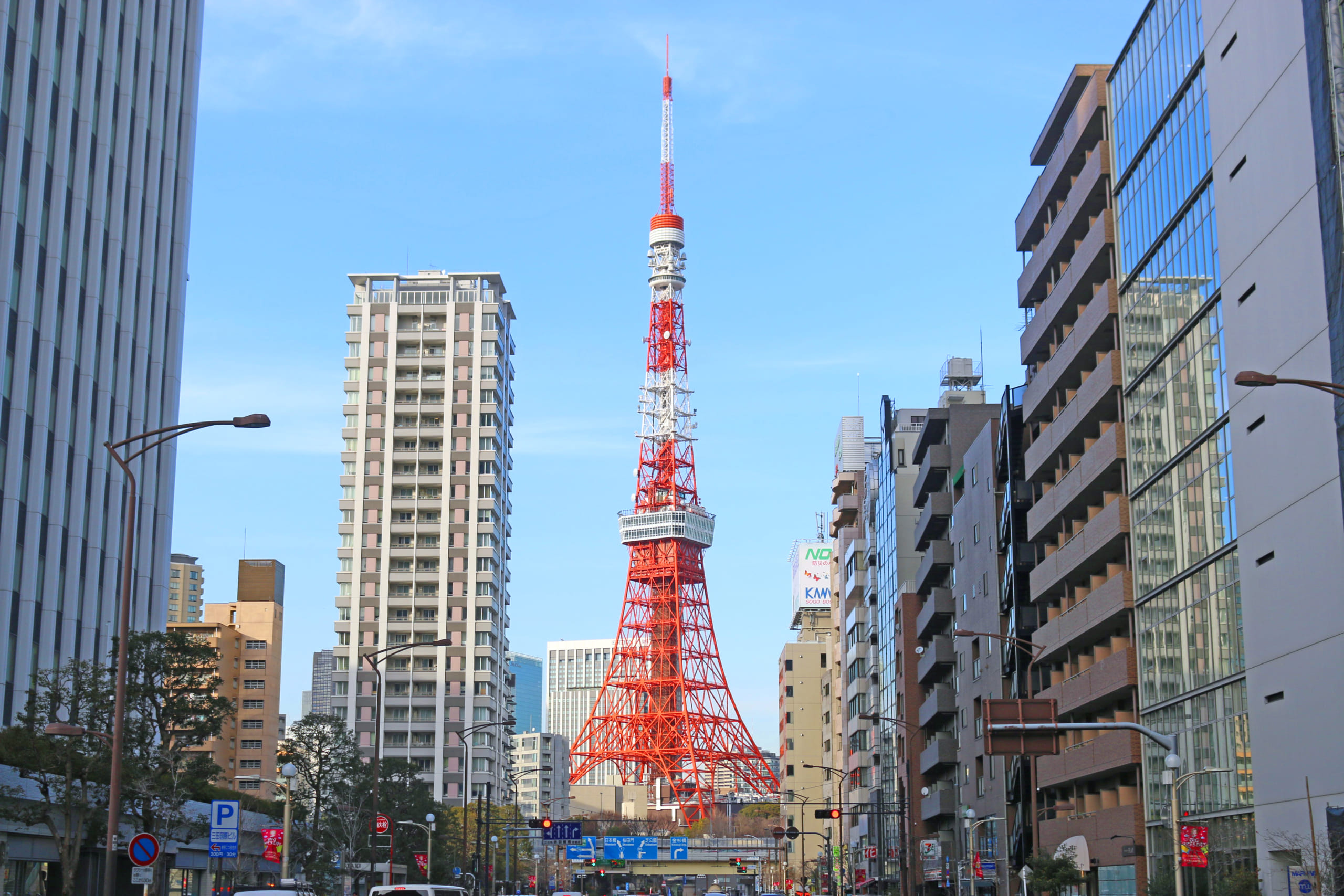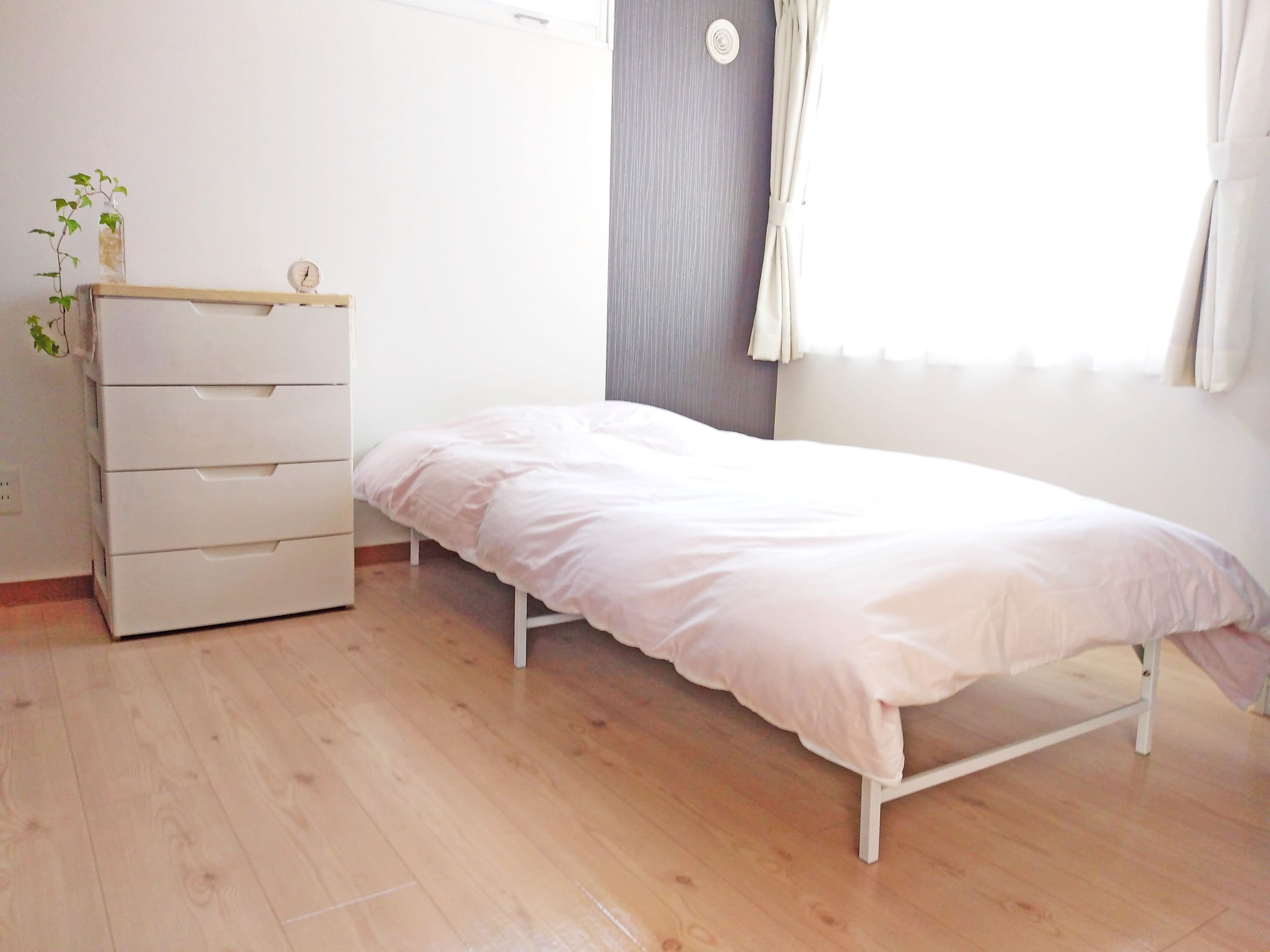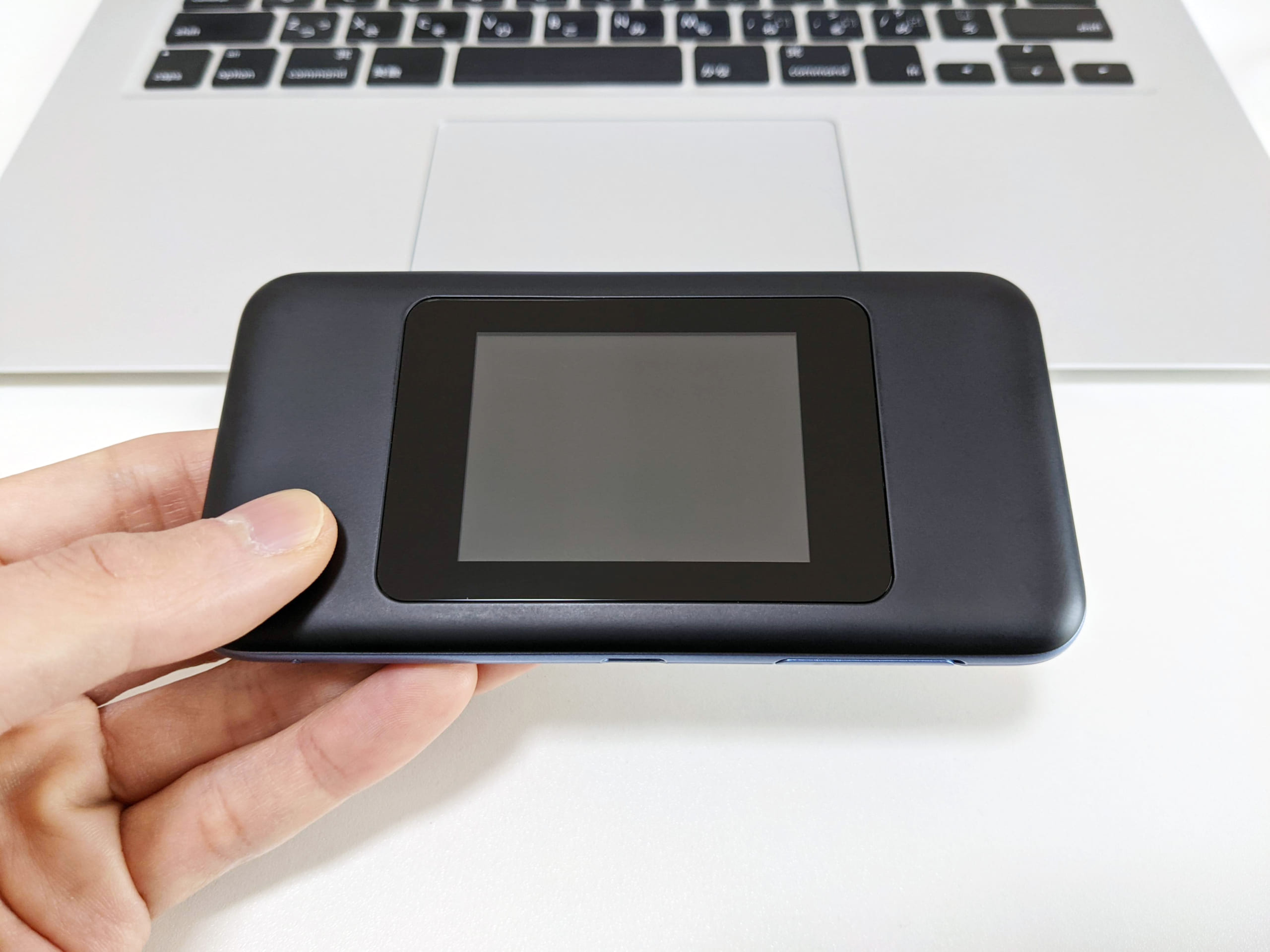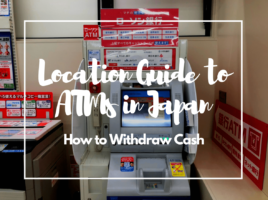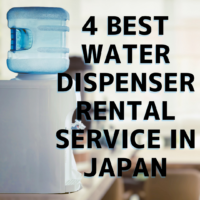Moving to Japan for the First Time: A Basic Guide
Guide to live in Japan: First steps
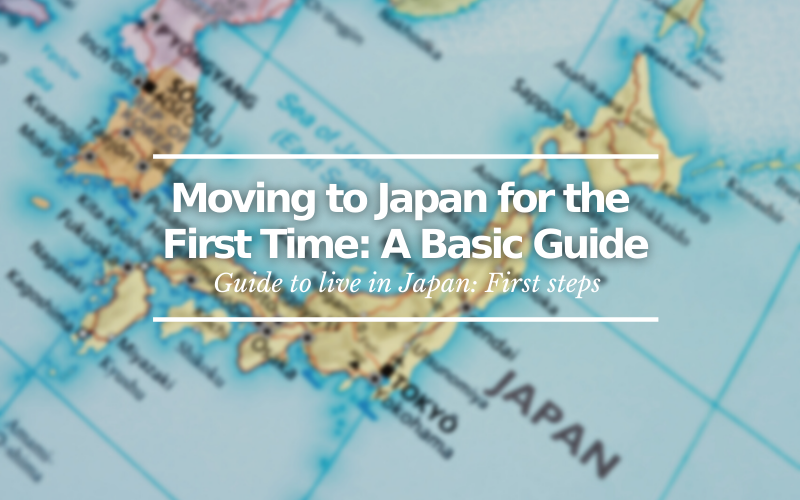
Moving to another country and starting from 0 is never easy. But especially if that country has a new language and a new culture very different from yours and is far from your country. Luckily today the internet has made things much easier, and one can be more prepared. Some years ago moving to Japan was a bit of traveling to the unknown and there were many things that you could only know or prepare once in the country. Now you can search for information before leaving, and thus know in advance a little what you will find once you get there.
Japan is not a country that makes things easy for foreigners. As someone who went through the process of going to live in Japan for the first time a few years ago, I know firsthand the nerves and concerns that one can experience. When I moved in, I had hardly any information about the steps to follow or what I needed, and I discovered it on the spot. So with this article I hope to help people who are at the same point where I was a few years ago and to be able to make things a little easier for them.
This is my list of things to do when you move to Japan for the first time!
*Please note that this article contains affiliate links.
1. Study some basic Japanese
(if you can)
Many of the people who come to Japan are because they have liked the country for years and have prepared themselves, learning the language for some years. But there are also cases in which people have to move to Japan for work, love or other reasons, without them having a special prior desire to live in that country.
In that case, it’s normal not to know the language. However, although everyone in the office spoke English and you can do your job without any problem, outside there are many places where you will not find English-speaking staff (restaurants, supermarket, etc). So it would be good to learn some basic Japanese before moving, or during your first months here.
If you do not have time to learn Japanese in online courses, you can also download applications with which you can learn on the way to work on the train or any situation where you have a little free time.
2. Find an apartment
If you are going to move to another place, I think the first thing is to have a place to live. Some people are in a hotel or airbnb for the first few weeks or months, but personally I think it’s better to have your own home as soon as possible, for various reasons.
One of them is that moving from one place to another may not be an easy task, especially if you choose a house or apartment on the other side of the city from where your temporary residence is. Crossing Tokyo with heavy suitcases isn’t easy. Most of the time you have to change trains, go up and down stairs, etc.
Another reason is because you have two weeks from your entry to Japan to register with the city hall of your city (I explain more about the process in the next point).
Recommendations:
If you want to look for an apartment in Tokyo but you don’t know where to start or where to do it, here is a recommendation that may interest you.
Living Japan is a company dedicated to providing English support to foreigners who want to rent an apartment in Japan. One of the biggest problems with renting an apartment in Japan is that even if you have a high level of Japanese or have a Japanese partner or friend, many owners don’t want to rent to foreigners due to bad experiences in the past with payment. Therefore, the possibilities are smaller (you have fewer apartments or companies that accept foreigners). Sometimes the agent takes you to see a house and when he decides to keep it, the owner rejects your offer because you are foreigner. In Living Japan all selected properties are foreigner-friendly so you don’t have to worry about that.
On their website, you will find new or renovated apartments in the most popular and convenient neighborhoods of Tokyo to live in with photographs of all the apartments, as well as a description of what is included. You can also request a tour of the apartment or ask for availability from the same website, and you can even contact them by Line, so it’s not necessary to have a Japanese phone number. This allows you to save time in traveling to the area and looking for local agents, and you can also compare prices in different areas if you haven’t yet decided which one you want to live in without having to go there.
3. Register at the City Hall
(and get your National Health insurance card if necessary)
When you arrive in Japan you will receive your residence card, known in Japanese as a Zairyu Card (在留カード). This will be your official identification document in Japan, and you must always carry it with you since the police can stop you and ask for it. The moment you register your place of residence at the city hall, they will put your address on your residence card. If at any point you move to a different address, you have to register again.
Also, if you come with visas such as student visa or working holiday visa, you will have to register with the National Health insurance. In Japan, healthcare is a co-payment. Depending on your income, you have to pay an amount per month, and then if at any time you need to go to the hospital or clinic, you will pay 30% of the total cost. It’s mandatory for everyone living in Japan to be enrolled in health insurance. For people with a work visa, it’s the company that takes care of the health insurance and they deduct it directly from your salary. But if you don’t have a company that pays for it, then you have to register yourself in the National Health insurance. Every some months they will send you a letter home with invoices for certain months (for example: July, August, September). You have to take those papers to any conbini (convenience store) and pay there. You can pay for several months at once or decide to pay it month by month. For married people, company insurance generally covers your wife / husband as well, but it is always better to clarify that part with your company.
4. Get WiFi or SIM card for Long-Term Stay
Today it’s almost impossible to live without the internet. Not because of wanting to have social media, but because it’s also the way of communication between friends and even in companies. Messaging applications like WhatsApp or Telegram and emails like Gmail have become almost indispensable. It’s also very useful in your first days in a new city that you don’t know where things are to have applications like Google Maps.
That is why one of the first things that almost everyone does when moving to Japan is to get a long-term SIM card, or a pocket WiFi. Many of my classmates in Japanese school preferred the pocket WiFi instead of the SIM card because there was no internet in their apartment, so they could use it both at home and outside of home.
It isn’t really necessary to have a phone number, but it’s practical. If you want a SIM card with voice calls and internet, I recommend you visit a Bic Camera. But keep in mind that if you don’t have your address registered on the residence card, they will not let you hire a phone call line (you can have internet, but not calls).
5. Open a bank account
If you are going to work in Japan, it’s obvious that you will need a bank account for the company to deposit your salary. Some companies want you to have an account at a particular bank (because that’s the one they use), and they may help you open your bank account. If not, you will have to do it on your own.
Opening a bank account in Japan can be difficult, since most banks ask that you have been living in the country for 6 months. But in the following article I explain which options are easier and more accessible for foreigners residing in Japan.
6. Buy your commuter pass
One of the most expensive things in Japan (especially Tokyo) is transportation. Especially if you have to travel far and take trains / meters from two different companies. Whether you come for studies or work, you probably have to take the train daily (unless you live very close to the school / office).
For those people who use transportation at least 5 times a week, there is what is known as Teikiken or Commuter Pass. You can buy it for a month, three months or half a year. The more months, the greater the savings. If you buy it for just one month, the savings are not tremendously great either being honest. But that’s better than nothing, right?
If you are interested in this commuter pass you can learn more about it in this article:
7. Learn to recycle garbage
This is not a joke, in Japan they take recycling very seriously. Throwing the garbage anywhere on the street is literally a crime. You have to leave it in the designated area on designated days. You also have to separate it correctly, otherwise they will not take it away. Neighbors (especially older people) take this issue very seriously and can get very upset with you.
8. Download LINE

LINE is the messaging application used in Japan. It has been used long before the appearance of WhatsApp or Telegram, and practically all Japanese (at least those of a certain age) have LINE. So I recommend you download the application since it’s used even at a work level, to communicate with your boss or manager, work groups, etc. In my previous part-time jobs it was used to send the shift to workers, in the LINE group at work.
Also, unless they have lived abroad, almost no Japanese have or use another messaging app (for example, no one uses WhatsApp)
9. Do Job Hunting
If you have come to Japan for work you can skip this part, but if you are (or are going to come) to Japan for other reasons (work, family, love, etc.) you may want to look for a job here. Even if you don’t need it financially, I think it’s a good idea to look for a job to be able to socialize and in many cases learn some Japanese.
But before you start looking for work, it’s better that you find out what type of contracts there are in Japan, the differences between each one, etc. You don’t have to work 40 hours a week. There are for example, the called ‘baito’ or ‘part-time job’ in which you can choose how many hours and days a week you want to work. For more information, check here:
By the way, if you don’t know how to write a Japanese resume (which have a specific format) in this article we will teach you everything you need to know about how to write a resume in Japan:
10. Shopping work clothes
If you are going to work in Japan (whether you already come with a job or have found it here) you probably need to buy appropriate clothes for work. In Japan the dress code for most companies is usually quite strict (especially if it’s an office job). If you look at the train, most men wear suits, and women also wear formal clothes (skirt or pants). Some jobs don’t require the typical black suit and white shirt uniform, but that it be what is considered “appropriate” here (for example, jeans type pants aren’t considered appropriate).
It’s also true that in some cases the company isn’t the one that requires workers to dress like this, but many Japanese are already used to wearing this type of clothing and wear it out of habit (and in the case of men, let’s admit it, for convenience. Because that way they don’t have to think about what to wear ????). There are also people who may not want to dress like this, but if your entire office dresses like this, a kind of involuntary pressure is created and they end up wearing that type of clothing because it doesn’t clash in the office.
In any case, I think it’s good to know where you can buy that type of clothing at a good price in case you have (or would like) to dress formally. Here you have an article that can help with that:
As I said, I hope this article has been useful for you!
If you are new to Japan or are starting to plan your move to Japan, these other articles can also be helpful:
▽Related Articles▽
▼Editor’s Picks▼
Written by
From Barcelona to Tokyo. Coffee & Adventure lover.
I started to like Japan because of the anime, music and dramas, but after my first trip to the country I found what I love the most: traveling around, the culture and history. I have travelled a lot in Japan, but I still have many places to discover that I want to share with you. Let’s discover Japan together!
Also, as a foreigner living in Japan for over 6 years I understand what kind of things are difficult when you move here and I want to help other people in the same situation that I have in the past.





